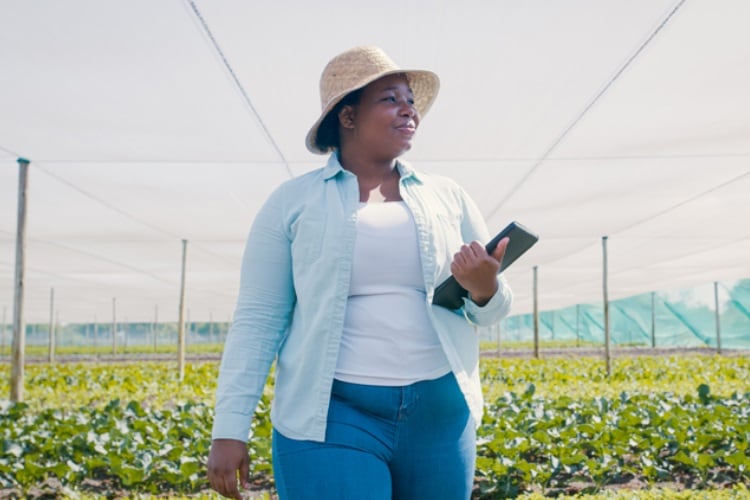International Women’s Day (8 March) is more than just a day of celebration: It’s a call to action. From boardrooms to bakeries, women have been pushing boundaries, challenging industry norms and redefining leadership in the food sector.
One such leader is Kristy Lewis, founder of Quinn, a better-for-you snack brand that hasn’t only disrupted the category but created a company culture rooted in inclusion and empowerment.
From startup to standout
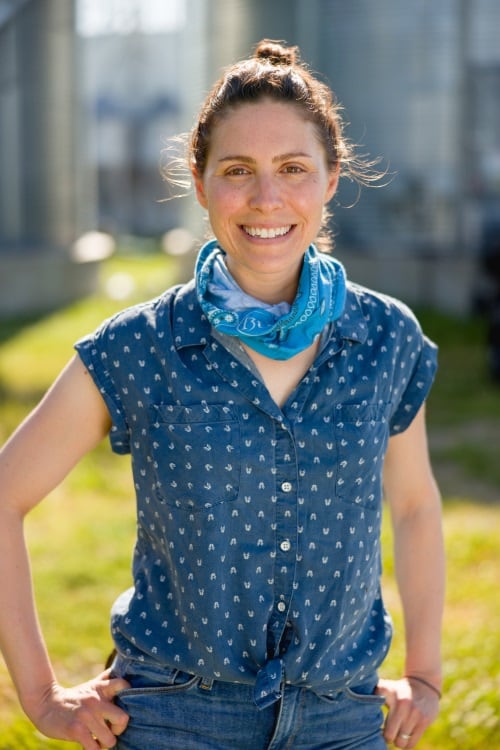
When Lewis launched Quinn in 2010, she wasn’t just looking to make snacks cleaner - she was also redefining what it meant to be a female entrepreneur in the food industry. A new mom at the time, she was juggling the demands of business and motherhood in an industry where few women held leadership positions.
“Starting Quinn as a new mom was one of the hardest things I’ve ever done,” Lewis admits. “But I had a network of women who believed in me and pushed me forward when the odds felt impossible. That kind of support system is crucial for female founders.”
Quinn’s rise in the snacking space wasn’t just about creating innovative products like the first-to-market whole grain gluten-free pretzel. It was also about shaking up the industry’s culture. Today, Quinn is a Certified B Corporation with a majority-female leadership team, demonstrating that a brand can prioritise both profit and purpose.
The Boulder, Colorado-based company is committed to transparency, sustainability and ethical ingredient sourcing, proving that being a female-led company is about more than just representation - it’s about redefining what leadership looks like in the food industry.
The women making waves
Lewis isn’t alone in her journey. Female leaders have been shaping the food industry for decades.
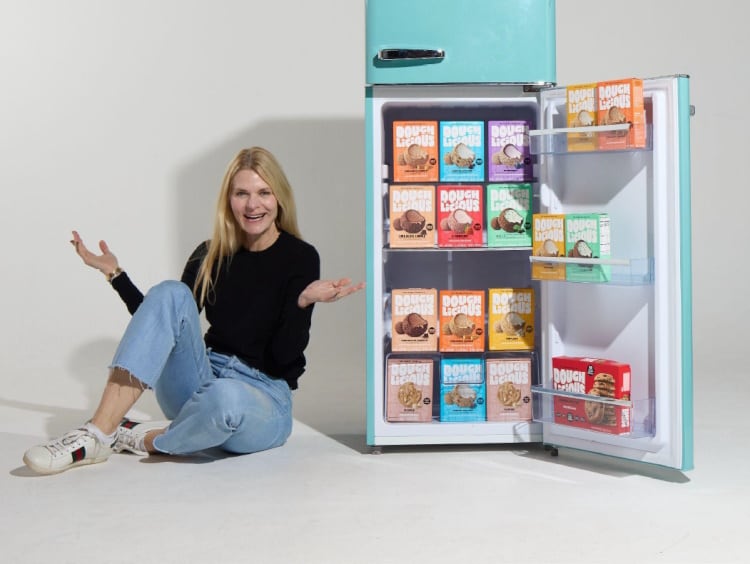
Indra Nooyi, the former CEO of PepsiCo, transformed the company’s portfolio by focusing on healthier snacks and beverages, all while advocating for greater workplace diversity. She now serves on the boards of Amazon and Philips and continues to champion gender equity in business.

Denise Woodard, founder of Partake Foods, has built a brand rooted in allergen-friendly snacks while tackling the barriers faced by Black female entrepreneurs in securing venture capital.
Kathryn Bricken, founder of London-based Doughlicious, has disrupted the frozen dough category with her clean-label, sustainably sourced products.
Stacy Madison, founder of Stacy’s Pita Chips, turned a humble food cart into a snack empire and has since launched the Stacy’s Rise Project to support women entrepreneurs.
Supply Change Capital, a women-led venture firm, is investing in the future of food and agriculture, ensuring more diverse voices are shaping the industry.
Milton’s Craft Bakers has expanded its clean label portfolio under strong female leadership, proving that women are redefining what it means to create innovative, better-for-you snacks.
Petit Pot, the woman-led premium dessert brand, is elevating indulgence with high-quality ingredients and sustainability at its core.
These are just a handful of the women that are proving that leadership in the bakery and snack sector is no longer just a boys’ club. Yet, challenges persist. According to a 2024 study by McKinsey, while women make up nearly half of the workforce in the food industry, they represent less than 20% of C-suite executives.
Building a business that supports women
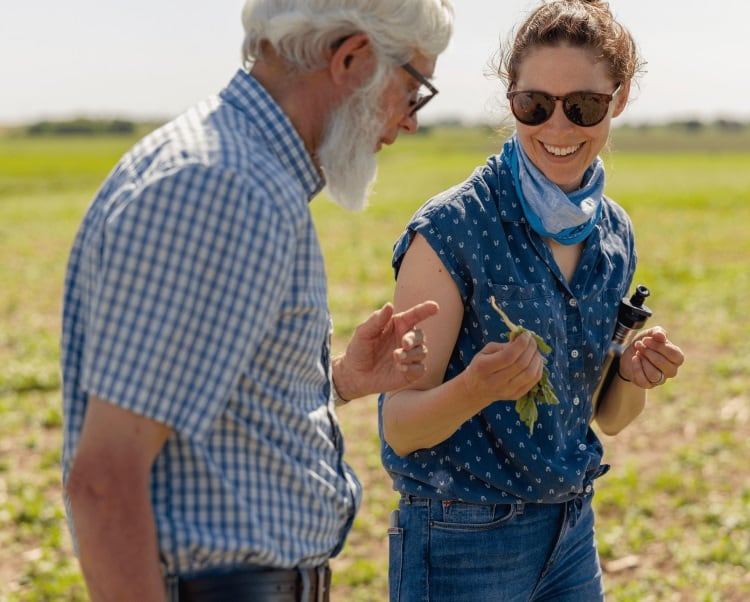
Lewis is tackling this issue head-on by fostering a workplace where women can thrive. The company actively supports female entrepreneurs through mentorship, partnerships and advocacy, ensuring that other women have the support they need to succeed in the industry.
“We have a responsibility to change the way business is done,” says Lewis. “It’s not enough to just say we support women - we need to actively create pathways for them to lead.”
Quinn’s approach to leadership is rooted in radical transparency, a philosophy that extends beyond gender equity and into sourcing, sustainability and company culture. The brand, known for its industry firsts - including gluten-free filled pretzel nuggets - has built a loyal following. With powerhouse flavours like Creamy Peanut Butter, Maple Almond Butter, Pizzeria and PB&J Berry, Quinn has expanded its reach, now available in nearly 22,000 stores nationwide.
The future of female leadership in food
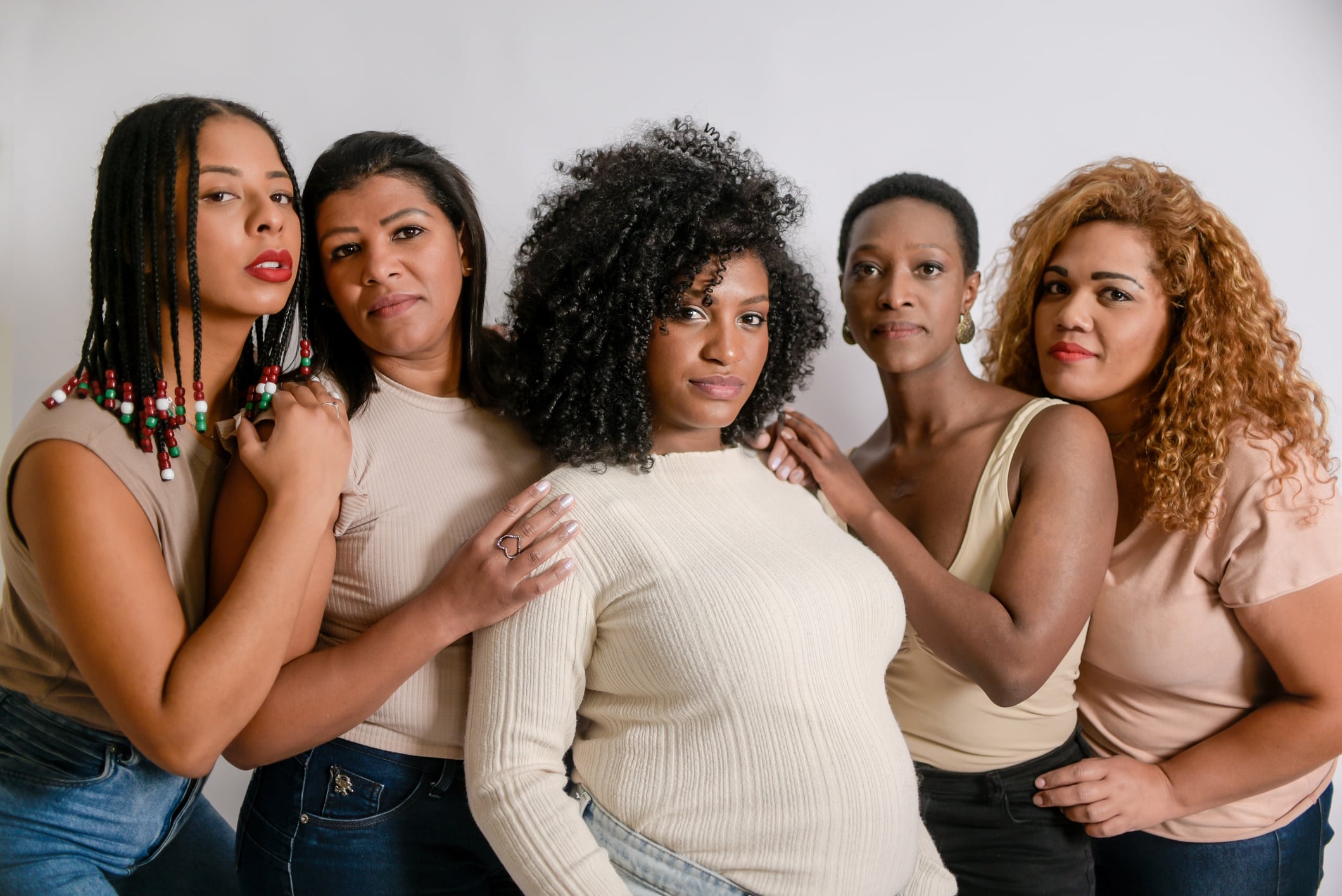
As International Women’s Day approaches, the conversation around gender equity in the food industry is more relevant than ever. While progress has been made, there’s still a long way to go.
The landscape has also shifted in response to political developments. The rollback of Diversity, Equity and Inclusion (DEI) initiatives by US President Donald Trump and the subsequent corporate pullback on DEI programmes raise pressing questions. With some major companies scaling back commitments to workplace diversity, where does this leave the food industry? Will brands continue to prioritise gender and racial equity, or will these initiatives fall by the wayside?
Trump’s recent speech to Congress further fuelled controversy, with dismissive remarks about workplace diversity efforts and a stance that many believe undermines years of progress in gender equality. His administration’s previous actions, including opposition to reproductive rights and cuts to federal funding for women’s health programmes, have already raised concerns about the future of workplace equity. Critics argue that such rhetoric and policies create additional hurdles for female entrepreneurs and business leaders, particularly in industries like food and agriculture, where women have fought hard for a seat at the table.
Thankfully, the bakery and snacks sectors has seen several initiatives aimed at supporting women entrepreneurs. Stacy’s Pita Chips has been a notable advocate through its Stacy’s Rise Project, which offers funding, mentorship and community support to female-founded businesses. In 2024, in celebration of Women’s History Month and Barbie’s 65th Anniversary, Stacy’s announced the largest grant amount in the programme’s history and introduced limited edition ‘Barbie-fied’ packaging to highlight the initiative. Similarly, Hot Bread Kitchen, a New York-based non-profit, has been instrumental in empowering immigrant and low-income minority women. Founded by Jessamyn Rodriguez, the organisation provides culinary training and incubates food businesses, enabling women to secure better jobs and improve their financial situations. Online supermarket Ocado launched the ‘Buy Women Built’ initiative last year, creating a dedicated digital aisle for products made by female entrepreneurs. Featuring over 1,000 products from more than 130 female-founded brands, this initiative aims to address the underrepresentation of women in entrepreneurship and increase visibility and sales for female-led businesses.
Supporting female-founded brands like Quinn, Partake, Doughlicious, Stacy’s and others, advocating for policy changes that promote workplace equity and ensuring more women have access to funding and leadership opportunities are just some of the ways the industry can move forward.
For Lewis, the mission is clear: “When women lift up women, we all rise. But real progress happens when businesses create workplaces where everyone - regardless of gender - has the chance to succeed.”


